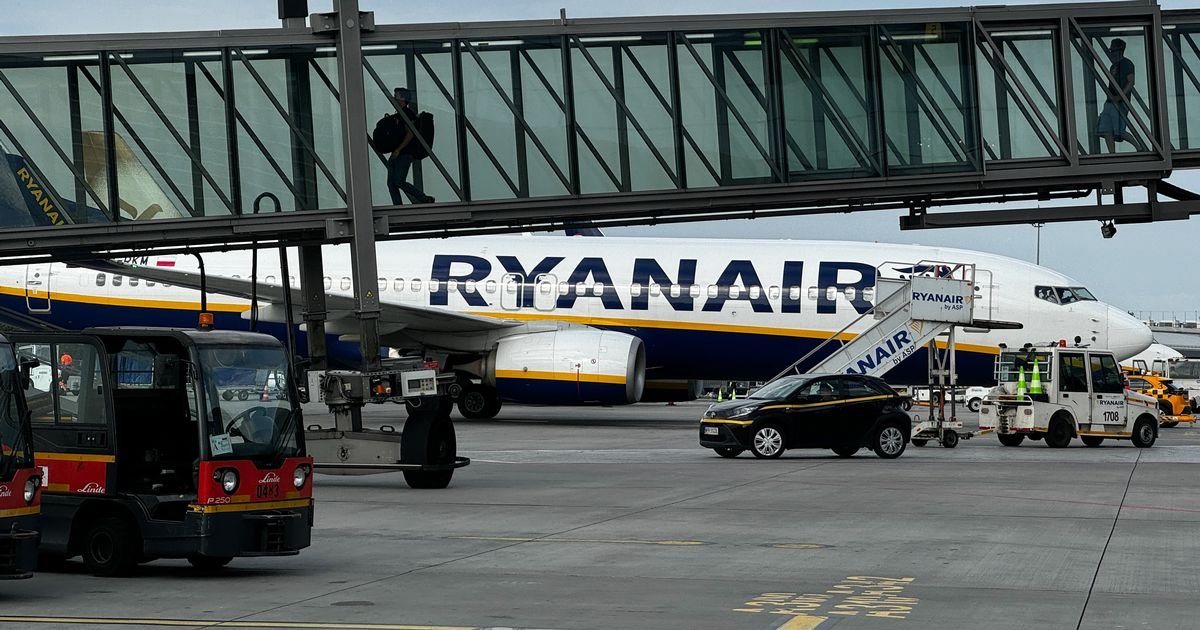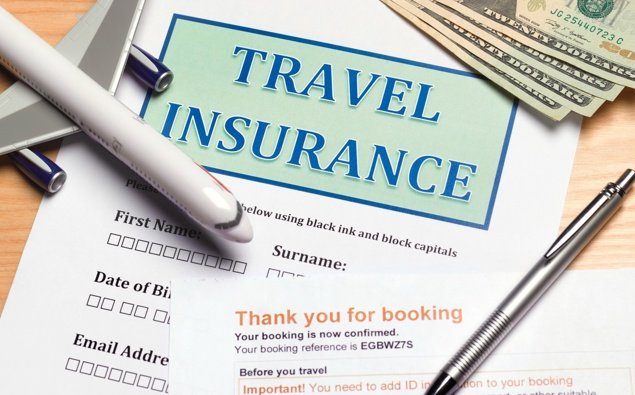Those flying this month could face disruption amid widespread industrial action from baggage handlers for the airline
Thousands of Ryanair passengers face being caught up in Spanish airport strikes as more than 3,000 baggage handlers who service the airline stage walkouts at 12 of the country’s busiest airports.
The action will start from August 15 and will affect airports including Madrid, Barcelona, Valencia, Seville, Alicante, Ibiza, Malaga, Palma de Mallorca, Tenerife South, Girona, Lanzarote and Santiago de Compostela. The stoppages are scheduled for August 15,16 and 17 and come at critical times of the day.
Workers will down tools on these days between am to 9am, 12pm to 3pm and 9pm to 11.59pm. The strikes will then continue every Wednesday, Friday, Saturday and Sunday for the rest of the year.
And Ryanair passengers are being urged to check what cover they have on their travel insurance now to see if they have any right to compensation.
Baggage handlers say they are striking in response to poor working conditions and labour rights violations.
Niraj Mamtora, Director at Forum Insurance, said it’s crucial those planning to fly when industrial action is being taken check their policies.
Niraj said: “Standard travel insurance policies often exclude airspace disruptions, so you should never assume that you’re covered for events like strikes, airport closures or air traffic control outages. To protect yourself, look for a policy that offers ‘travel disruption’ or ‘airspace closure’ as an optional extra or higher-tier feature.
“Travel disruption insurance can cover you if your flight is cancelled or delayed due to strikes or airspace closures, and may reimburse you for unused travel and accommodation, enforced stays abroad, or extra expenses if you’re stranded and no suitable alternative transport is available for more than 24 hours.
“Even when the disruption is caused by ground staff, such as baggage handlers, it can still affect flights and fall under certain travel disruption or airspace closure clauses, depending on the policy wording.
“Always check your policy wording carefully. Some insurers require that the disruption be unexpected and not known at the time you book or buy your policy.
“If you travel against official advice, or if the event was foreseeable, you may not be covered.”
If you’re already booked and unsure if you are covered it’s worth looking to the fine print in the section of your policy on ‘travel disruption’ or ‘missed departures’.
Niraj explained: “First, check your existing policy documents carefully. Some standard travel insurance plans may offer limited protection for delays or missed departures, even if they don’t specifically mention airspace closure.
“Look for sections on ‘travel disruption’ or ‘missed departure’ to see if any cover applies.
“If your policy doesn’t include this, contact your airline or travel provider directly. Airlines are often obliged to offer rebooking, refunds, or care such as meals and accommodation. Package holiday providers may also be responsible for rearranging your travel or offering compensation.
“For future trips, consider adding ‘travel disruption’ or ‘airspace closure’ cover as an optional extra. It’s a small investment that can save you significant stress and cost if the unexpected happens again.”
Niraj has also shared additional tips for those travelling to Spain later this month:
- “ Review your policy documents today. Even if you think you’re covered, the terms, exclusions and conditions matter.”
- “If you’ve only just booked your holiday or insurance, be aware that insurers may not cover disruption from a strike that was already public knowledge at the time. Check whether the strike counts as a ‘known event’ under your policy.”
- “ Contact your airline or tour operator early if you’re due to fly during strike dates. Many providers have plans in place, but you need to act quickly.”
- “ Keep receipts for any out-of-pocket expenses caused by delays . You may need them if you make a claim.”
- “If you can, consider travelling outside the planned strike windows to reduce the risk of disruption.”
- “If your flight is delayed and you miss a connecting journey or prepaid transfer, you may only be covered if your policy includes missed connection or onward travel protection. Always check the fine print.”
Niraj added: “Travel disruption cover usually doesn’t allow you to cancel your holiday just because of expected delays. Claims are typically only accepted for specific costs you’ve incurred due to confirmed disruption.”
























